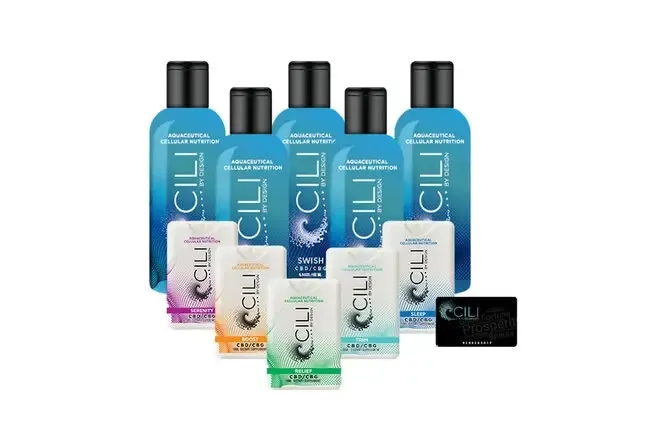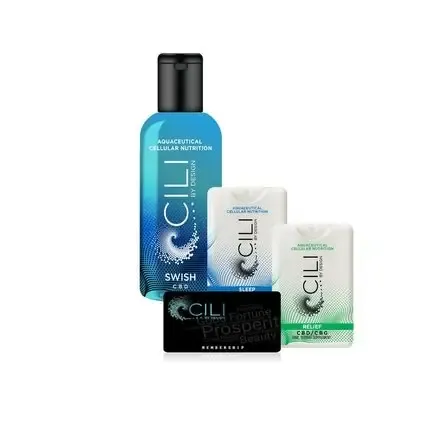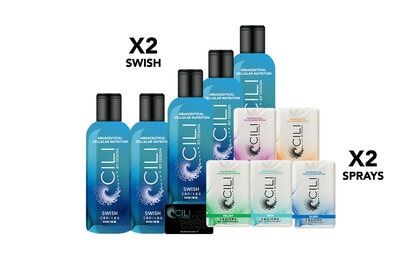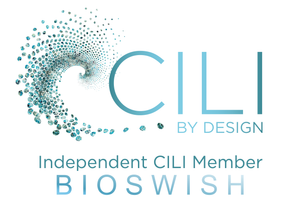Free shipping - 30-day return policy - All products with 0% THC
Dietary Supplements: The Little Helpers for Your Health
What are dietary supplements?
Dietary supplements are products that contain nutrients that may not be sufficiently present in our daily diet. They can include vitamins, minerals, trace elements, amino acids, essential fatty acids, or other substances that can help meet nutritional needs.
Why do people take dietary supplements?
There are various reasons why people take dietary supplements. A common reason is to address a deficiency in certain nutrients. For example, a person who follows a vegetarian or vegan diet might have a deficiency in vitamin B12, as it is mainly found in animal products. In such cases, supplements can help correct this deficiency.
Another reason is to support specific health goals. For example, some people take omega-3 fatty acids to support heart health, while others take vitamin D to promote bone health. Supplements can also help improve overall health and well-being by providing the body with essential nutrients.
What types of dietary supplements are there?
There is a wide variety of dietary supplements on the market that contain a broad range of nutrients. Some of the most common types of supplements are:
- Multivitamins: These contain a variety of vitamins and minerals in a single tablet or capsule.
- Vitamin D: Especially important for bone health and the immune system.
- Omega-3 fatty acids: These essential fatty acids are important for heart and brain health.
- Probiotics: These contain "good" bacteria that can support gut health.
- Protein powders: Popular among athletes and fitness enthusiasts for muscle building and recovery.
- Iron supplements: For preventing or treating iron deficiency.
- Calcium supplements: Important for strong bones and teeth.
- CBD supplements: There are also CBD-based supplements, such as Cili Swish by Cili by Design.
Omega-3 Fatty Acids: Small Heroes for a Healthy Heart and Brain
Omega-3 fatty acids have become little superheroes when it comes to supporting our health. But what exactly are they, and why are they so important? In this article, we will explore the significance of omega-3 fatty acids for our bodies and how they can help us lead a healthy life.
What are Omega-3 Fatty Acids?
Omega-3 fatty acids are a type of essential fat that our body cannot produce on its own and must obtain through diet. The three main types of omega-3 fatty acids are alpha-linolenic acid (ALA), eicosapentaenoic acid (EPA), and docosahexaenoic acid (DHA). These fatty acids are primarily found in certain fish like salmon, mackerel, and tuna, as well as in plant sources like flaxseeds, chia seeds, and walnuts.
Why are Omega-3 Fatty Acids Important?
Omega-3 fatty acids play a crucial role in heart and brain health. They help reduce inflammation in the body and lower the risk of heart disease. EPA and DHA are particularly important for heart health, as they can help lower blood pressure, reduce triglyceride levels, and decrease the risk of heart arrhythmias.
Additionally, omega-3 fatty acids are important for brain health and can help support cognitive function and reduce the risk of dementia and Alzheimer’s disease. DHA is especially important for brain development in infants and children and also plays a vital role in maintaining brain function in adults.
How can Omega-3 Fatty Acids be Consumed?
The best sources of omega-3 fatty acids are fatty fish like salmon, mackerel, and sardines. It is recommended to eat fish twice a week to obtain the recommended amount of omega-3 fatty acids. For those who do not eat fish or cannot meet their omega-3 needs through diet alone, supplements are a practical alternative.
Omega-3 supplements are available in various forms, including fish oil capsules, algae oil capsules (for plant-based sources of omega-3), and liquids. It is important to choose high-quality supplements that are free from contaminants like mercury and provide adequate amounts of EPA and DHA.
Are Omega-3 Fatty Acids Safe?
Omega-3 fatty acids are generally considered safe and well-tolerated. However, when taking omega-3 supplements, it is important to adhere to the recommended dosages, as high doses can lead to unwanted side effects such as digestive discomfort and bleeding tendencies. Individuals taking blood-thinning medications or with certain health conditions should consult their doctor before taking omega-3 supplements.
Conclusion
Omega-3 fatty acids are essential nutrients that play a critical role in the health of our hearts and brains. By maintaining a balanced diet rich in fatty fish and plant-based sources of omega-3 fatty acids, as well as taking targeted supplements, we can ensure that our bodies receive the necessary amount of omega-3s to stay healthy and vibrant.
Are dietary supplements safe?
In general, dietary supplements are safe when taken as directed. However, it is important to be aware that supplements are not a substitute for a balanced diet. A healthy diet rich in fruits, vegetables, whole grains, and lean proteins should always be the priority.
It is also advisable to consult a doctor or nutritionist before taking supplements, especially if you are already on medication or have certain health conditions. A professional can help determine whether supplements are necessary and which ones are best suited for your individual needs.
Conclusion
Dietary supplements can be a useful addition to a healthy diet by helping to address nutrient deficiencies and support specific health goals. However, they should not be viewed as a replacement for a balanced diet, but rather as a complement to it. With proper guidance and caution, supplements can help improve your health and well-being. One holistic supplement is Cili Swish by Cili by Design, which you can purchase in our online shop.
Free shipping

INTRO PACK - Cili Swish CBD with Quickshot Sprays
INTRO PACK - Cili Swish CBD with Quickshot Sprays
statt CHF555.00
Save 37%
CHF352.00
Free shipping

PRO PACK - Cili Swish CBD with Quickshot Sprays
PRO PACK - Cili Swish CBD with Quickshot Sprays
statt CHF1 645.00
Save 38%
CHF1 024.00
Free shipping

CONSUMER PACK - Cili Swish CBD with two Quickshot Sprays
CONSUMER PACK - Cili Swish CBD with two Quickshot Sprays
5.0
(1)
statt CHF146.00
Save 25%
CHF110.00
Free shipping

NETWORKER PACK - Cili Swish CBD with Quickshot Sprays
NETWORKER PACK - Cili Swish CBD with Quickshot Sprays
statt CHF1 100.00
Save 37%
CHF689.00
Display prices in:CHF
